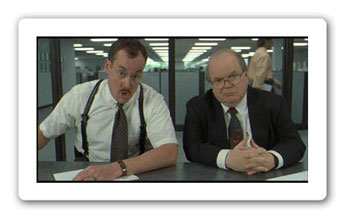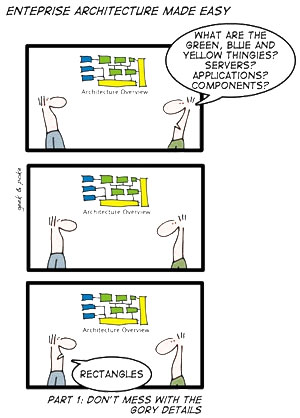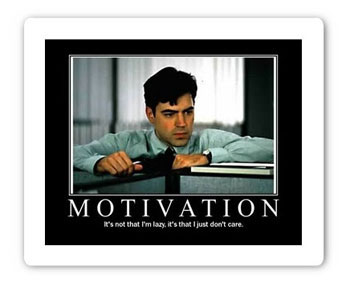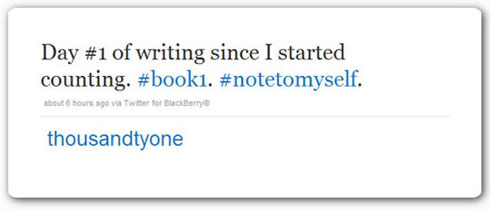We have all seen these emails. Emails from your Vice President where he wants a certain Fred to look at your project and provide “inputs”.
You know the famous architecture team story by Joel Spolsky.
That kind of inputs.
Before you know it, "consultants" with terrible blind spots who are awesome at playing the jargon game and who have zero knowhow about the domain, zero understanding of your team dynamics and zero expertise in the technical space are meddling in every decision your team is taking.

Well not exactly those consultants, but if you have been through an architecture review meeting with external consultants you know exactly what I am talking about here.
Every small change is questioned and discussed in meetings that no productive programmer would want to attend in the first place but then you suddenly find yourself in these meetings spending hours defending the most common sense driven decisions you took.
You know your car is going round and round in circles. You are not getting anywhere. The fact that you are going around in circles is common sense. You have too many drivers fighting to take control of the driving wheel.
Obviously, you are not moving ahead. Obviously, throwing in more drivers is not going to solve the problem. Obviously, you need to pick a single driver to drive your project. Obviously, you need to check his track record closely before you pick him. Obviously, you need to learn how to trust him. But then again, obviously, obvious is not so obvious, especially when it comes to big organizations that are trying to pretend to be even bigger than they really are.
If you run a team or an organization, remember that every time you get more than one driver at the wheel you run the risk of getting nowhere. So the next time you invite those external consultants to review a project that is moving just fine or fu@#k up a department that is moving along smoothly, think twice.
Here is my humble word of advice from the forefronts of software development: Pick a single capable trust worthy driver. It doesn’t matter who you pick, as long as the person is competent and trust worthy.
Then move to the back seat and let the person you picked drive without bothering him.
You may not get to your exact destination. You might get just a little closer to it. But then at least it is better than moving round and round in circles.
I wish you good luck.







Comments are closed.